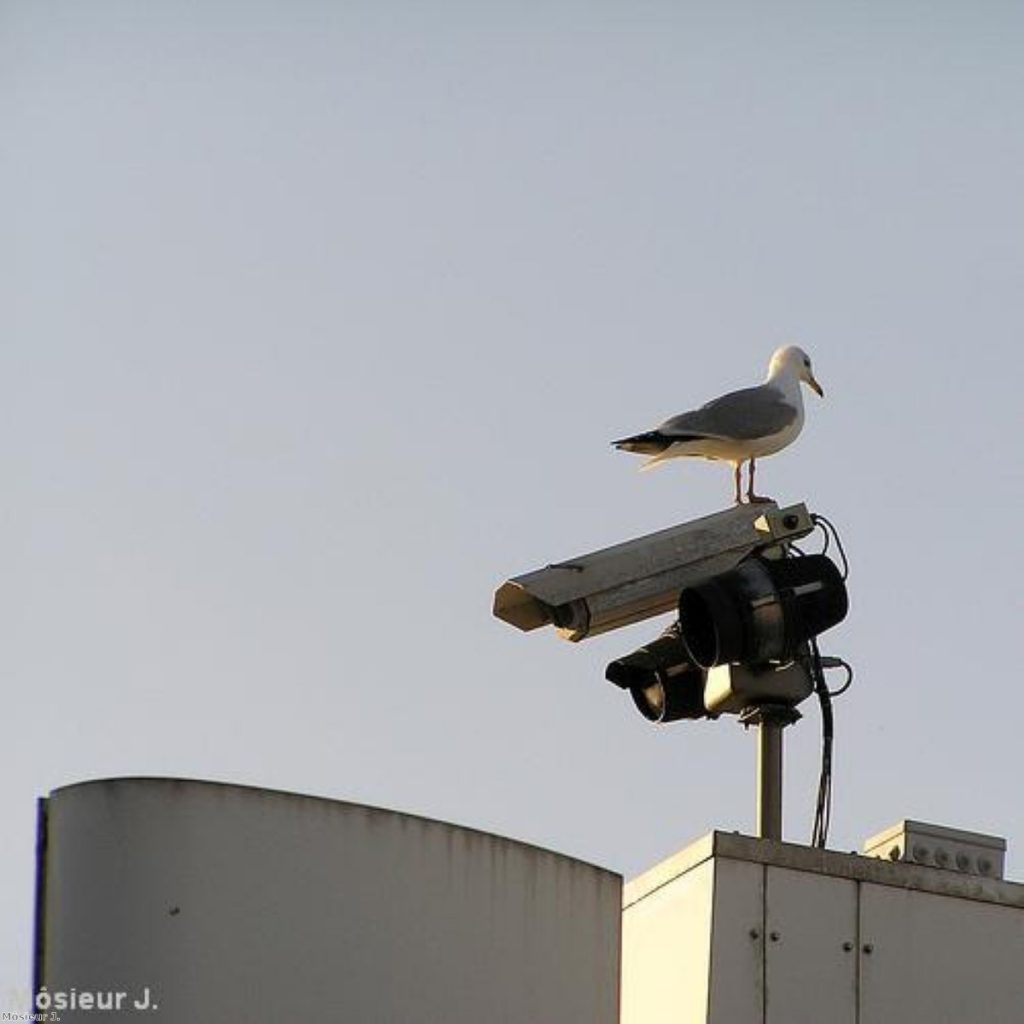Public ‘should scrutinise CCTV’
By Emmeline Saunders
The public must be allowed to scrutinise the use of CCTV over concerns councils are abusing their surveillance powers, the body representing council leaders has said.
The Local Government Association (LGA) has highlighted fears that local authorities are using surveillance methods for minor offences such as littering.
The body said councils have to behave in a way “acceptable” to residents.
The LGA has consulted on whether the Regulation of Investigatory Powers Act (Ripa), which sets out the appropriate use of surveillance for public bodies, needs to be reformed.
LGA’s safer communities board chair Les Lawrence said: “There have been concerns that some local councils have not used Ripa proportionately, and the LGA wrote to all authorities last year to argue that the use of surveillance to tackle dog fouling and littering…was not appropriate.
“Residents need to be able to scrutinise how their council is using surveillance. It is only by giving the elected representatives of local people more power that we will rebuild trust in the use of techniques that councils need to crack down on serious criminals,” he continued.
Surveillance should be reserved for dealing with serious criminals “like fly-tippers, benefit cheats, counterfeiters and loan sharks”.
“Time and again, these are just the type of crimes that residents say they want to see tackled,” Mr Lawrence added.
The association has suggested putting members of the public on to council scrutiny committees that will oversee the use of covert surveillance.
A senior councillor could also be made responsible for authorising the use of Ripa.
Last year, public authorities made 504,073 requests for data from phone and internet service providers.
But spying powers used by local authorities are not allowed to be intrusive, which rules out phone line bugging or entering premises.
They are restricted to monitoring breaches of criminal law, and cannot be used in investigations on economic or public safety grounds. These exemptions do not apply in Scotland.
A Home Office statement on surveillance is expected later today.









